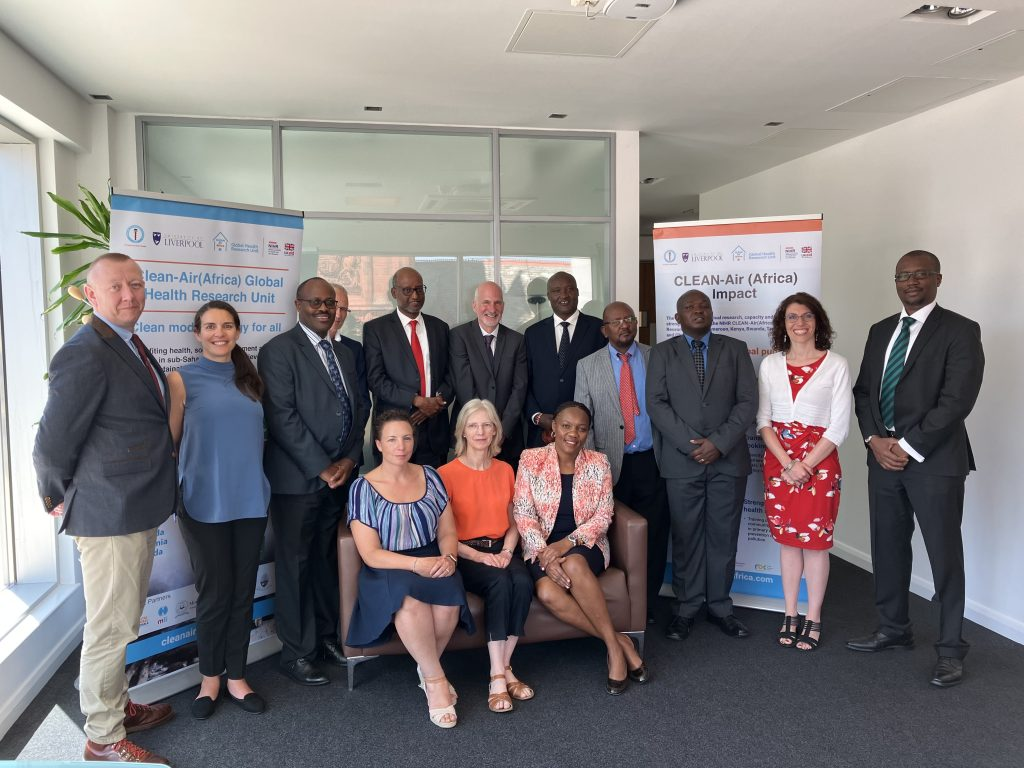MaMa Doing Good CEO Dr John Chumo and a delegation from the Kenya Medical Research Institute (KEMRI) paid a courtesy visit to the University of Liverpool in the UK on Wednesday.
The two-day visit, which took place on 14 and 15 June, was part of a summit organised by the University’s NIHR Global Health Research Unit on CLEAN-Air (Africa).
The summit focused on addressing the pressing issue of household air pollution in sub-Saharan Africa.
A significant number of people in sub-Saharan Africa rely on solid fuels such as firewood and charcoal for cooking. Unfortunately, the resulting smoke is responsible for early deaths in the region each year.
CLEAN-Air(Africa) aims to provide policy-relevant evidence to raise awareness of this issue and support the transition to cleaner fuels and energy for cooking.
A partnership agreement signed in March 2023 between the University of Liverpool, KEMRI and Mama Doing Good aims to accelerate the transition to clean cooking in Kenya by 2028. The initiative aims to improve health, promote gender equality, protect the environment and address climate change.
The University of Liverpool will train 130,000 community health promoters using teach box technology to raise awareness of clean cooking.
Dr John Chumo, CEO of Mama Doing Good, was enthusiastic about the potential of the partnership to bring clean cooking solutions to communities across Kenya.
During the summit, key discussions were held on the role of the partnership in providing evidence to inform national policies in line with Kenya’s goal of achieving universal access to clean modern energy by 2030, as outlined in the United Nations Sustainable Development Goal 7.
Professor Dan Pope, a leading expert in global public health at the University of Liverpool and Director of the NIHR Global Health Research Unit on CLEAN-Air (Africa), noted that the adoption of clean cooking would reduce premature deaths caused by household pollution in Kenya.
“Evidence shows that scaling up the use of LPG for cooking is critical to preventing the annual toll of 23,000 premature deaths caused by household air pollution in Kenya, without any adverse impact on the climate,” Professor Pope said.
Dr Abdullahi Ali, Chair of the KEMRI Board, also attended the summit and emphasised the importance of prioritising public health in decision-making processes in Kenya and the region, recognising that clean and renewable electricity remains a distant prospect for the majority of Kenyans.
The University of Liverpool’s collaboration with KEMRI and the Office of the First Lady is a significant step in addressing the critical issue of household air pollution in Kenya. By combining expertise and resources, the partners are committed to promoting clean cooking solutions, improving public health and achieving sustainable development goals in the region.




